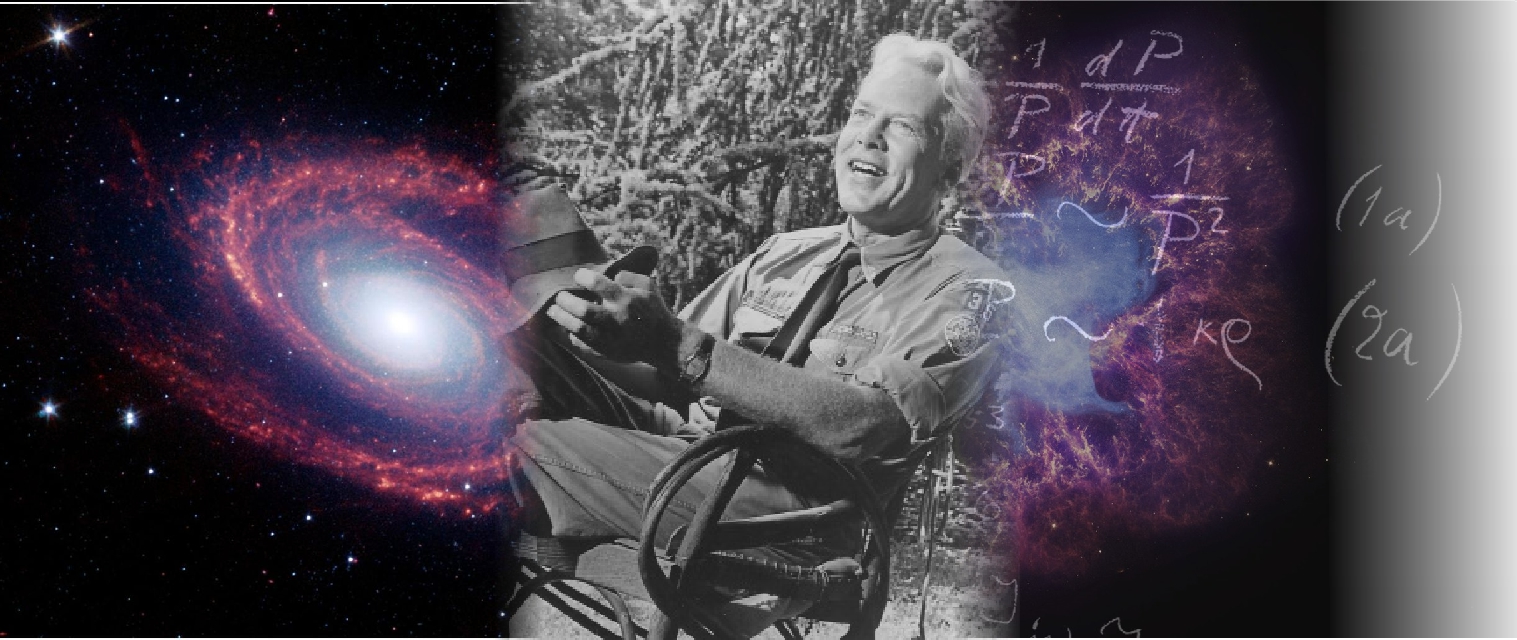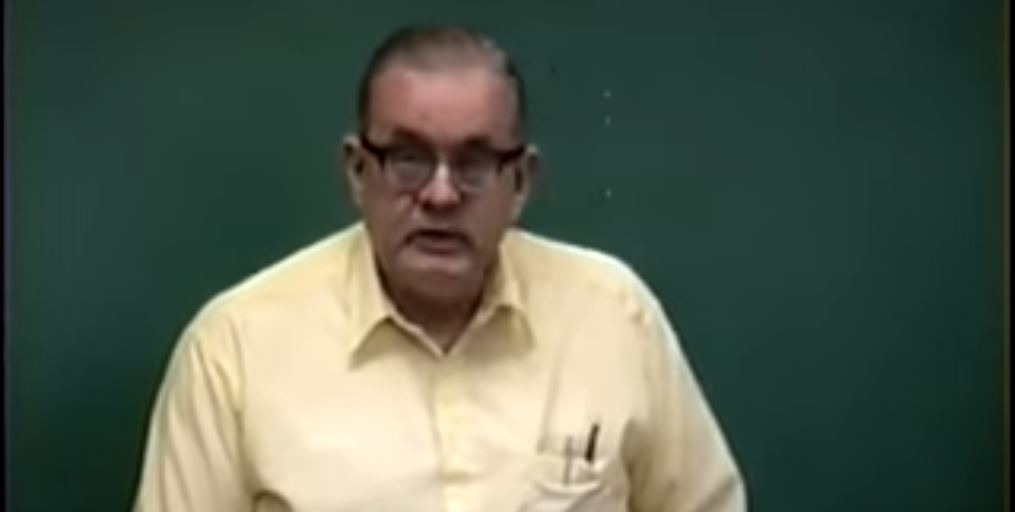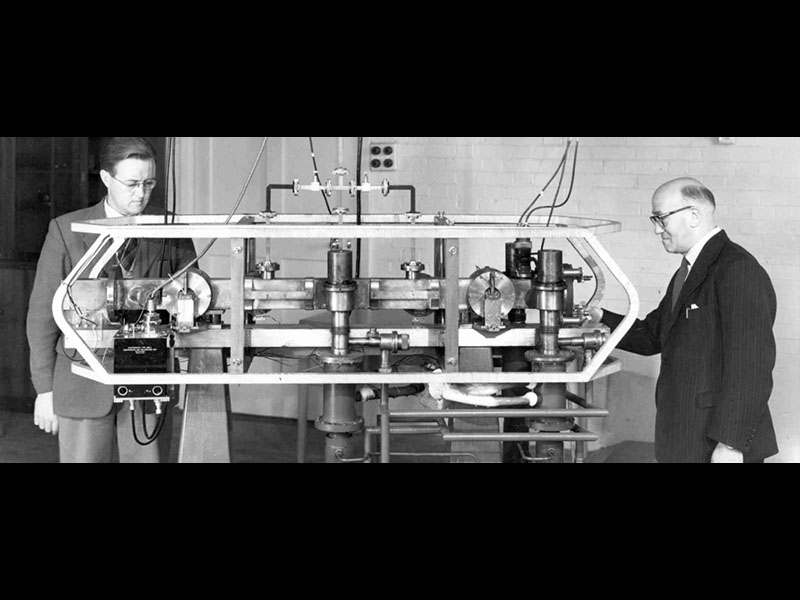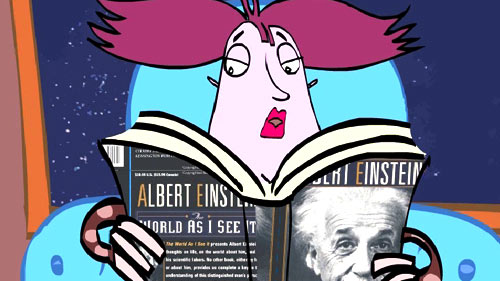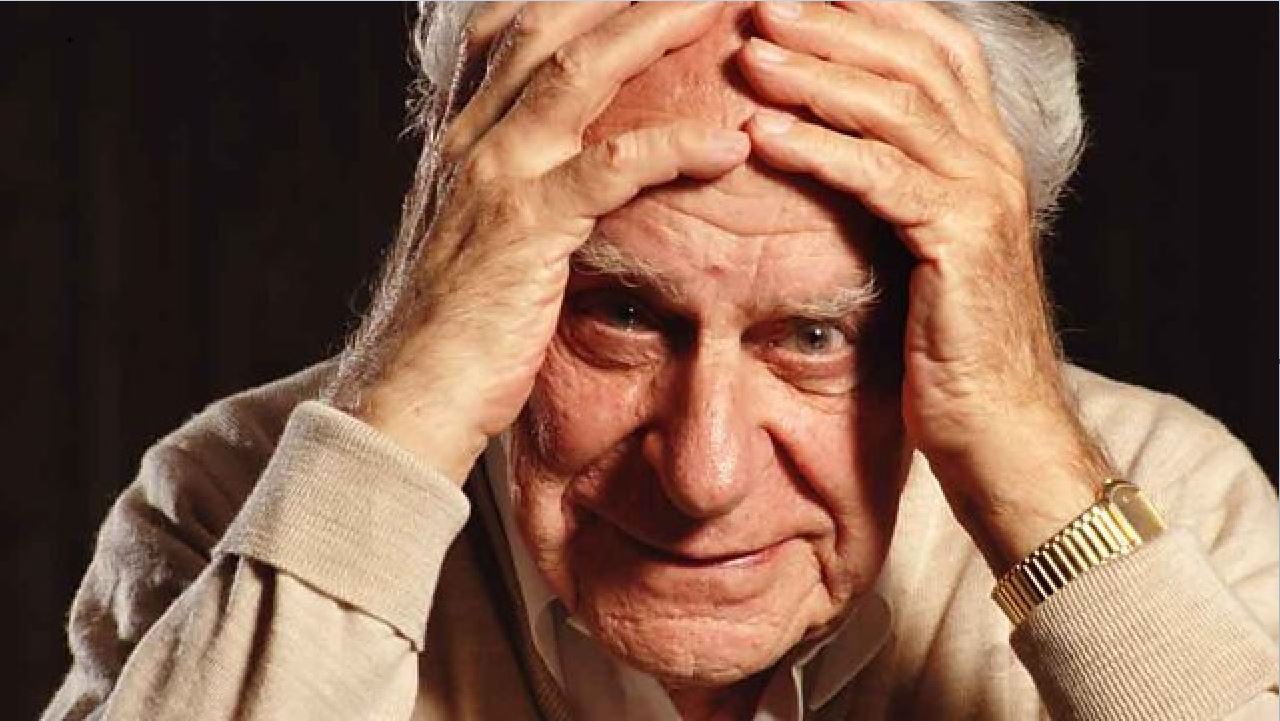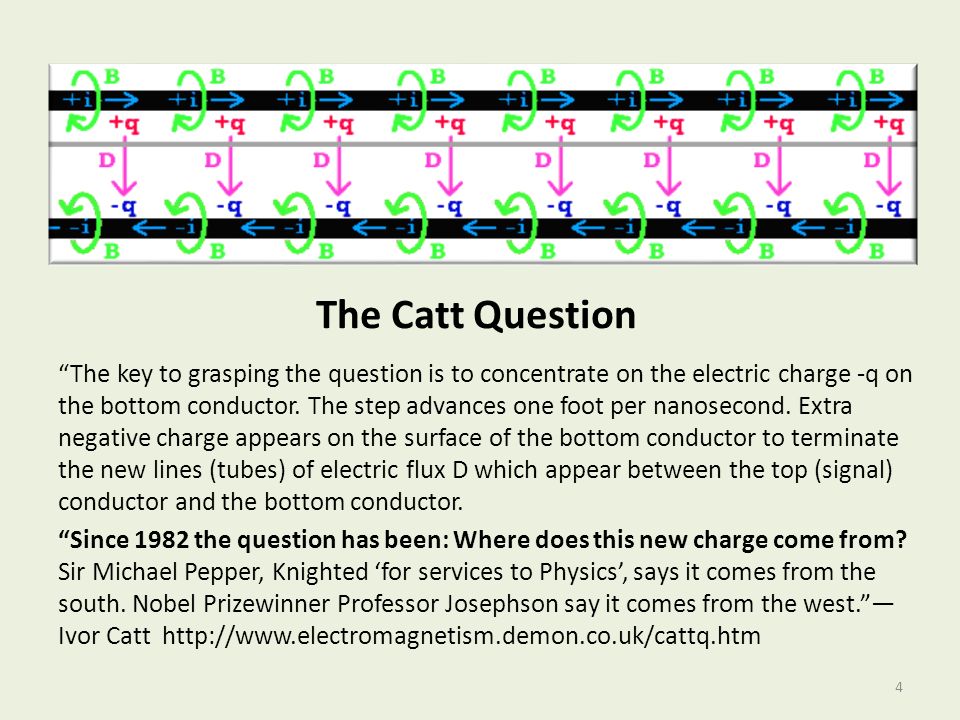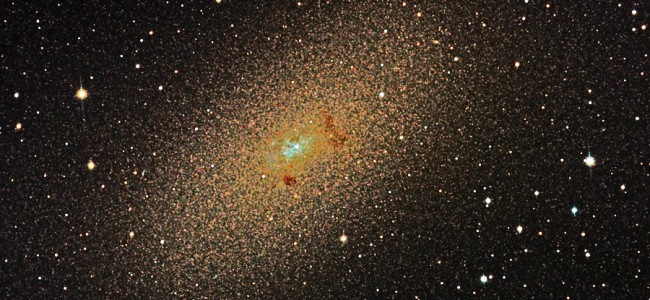Aether(5) Big Bang(8) Big Picture(12) Black Holes(7) Coming(4) Cosmology(7) Dark Matter(4) Documentary(3) Eureka(13) Expansion Tectonics(9) Featured(17) Fight(6) Gallery(2) General Relativity(5) Gravity(3) Math(3) Natural Philosophy(5) News(8) Particle Physics(8) Physics(5) Plate Tectonics(3) Mainstream Problems(26) Quantum Mechanics(6) Relativity(20) Special Relativity(16)
Read 16 Article(s) by Harry Ricker
Many people have difficulty in understanding the Catt Question. This is understandable given the inconsistency and confusion that is produced by the current definition of electricity. (Here is the original formulation of the question.) >>>think critically...
The Theory of Natural Philosophy was written in Vienna and is Roger Boscovich’s magnum opus. There are two editions. The first edition, the Vienna edition, was finished while Boscovich was living in Vienna, Austria in the years 1756-1760. In 1758, when Boscovich was age 47, the First, or Vienna, edition appeared. Later in 1763, Boscovich published a second edition in Venice. Significantly the second edition has a completely different title, which reflects a different idea which Boscovich had regarding his finalized system of natural philosophy. >>>think critically...
This essay discusses the background for the Wakefield Experiments. This refers to two sets of experiments performed by Tony Wakefield an Australian amateur radio operator, or ham, who performed these experiments for Ivor Catt. The objective of these experiments was to verify the predictions made by Ivor Catt based upon his Theory C. This theory asserts several things. First, that a capacitor is a transmission line, and second, that there is no static charge in a capacitor, but that the stored energy consists of a reciprocating wave of energy that surges back and forth in a continuous cycle. The objective of the Wakefield experiments was to demonstrate this internal motion of electromagnetic waves inside a charged transmission line. >>>think critically...
This discussion is about the encounter of a genius, Dr Carl Andrew Zapffe, with relativity physics. There are two main points. The first is that Dr Zapffe was not a fool or an ignorant person, he was trained scientist who, when he investigated the arcane details of relativity, discovered that Einstein had made a mistake. Being a conscientious person he felt obligated to bring this to the attention of the scientific community. Our story is about how his views were received. How one famous author of relativity books concluded that he was a “cod“, and how NASA rejected his idea to perform a crucial experiment that would determine once and for all the validity of the foundations of relativity. >>>think critically...
Historians condense the facts to make complex social movements simple and understandable in hindsight. Our movement to reform establishment science, making it responsible to the needs of people who fund science with their taxes, and not a servant of the established state system, traces its origin to the work of Dr. John E. Chappell Jr., who organized the predecessor of the JCNPS known as the Natural Philosophy Alliance or NPA. >>>think critically...
The purpose of this article is to publish and comment upon a letter written by Louis Essen and sent to Dr. Carl Zapffe. The letter is interesting because it compresses into a few short lines the essence of Louis Essen’s criticism of Einstein’s theory of relativity. >>>think critically...
In his book Science and Hypothesis, first published in French in 1902, Poincare gives to the principle of relativity the status of a unifying principle in both mathematics and physics. It is an important theme of the book, which unifies this collection of essays. At the end of the book, Poincare discusses how this principle is rendered safe in Lorentz’s theory of electro-dynamics. It is certain that Einstein drank deeply from the waters of Poincare’s book and fully embraced the ideas contained in Poincare’s Principle Of Relativity. >>>think critically...
This paper defines a new way to assess the scientific value of Einstein’s special theory of relativity by defining a concept called irksomeness. This follows by converting the adjective irksome, meaning vexatious or troublesome, into a noun. We will call a theory irksome by the following definition: An irksome theory is one in which each of its component demonstrations makes sense or is rational, but the theory as a whole makes no sense or is irrational. Hence a theory, such as relativity, which is a very good example of a theory possessing this characteristic, is irksome or possesses irksomeness, if it satisfies the above definition. An irksome theory is recalcitrant in that its inconsistencies, anomalies, or paradoxes refuse to be tamed or effectively eliminated. It is also irksome when its concepts can not be clearly defined in a way such that there is a consistent agreement regarding its essential truth claims. >>>think critically...
The following letter was prepared by Harry Ricker as a courtesy to Ivor Catt who wished to send a letter to the editor of the IOP Journal Physics Education in order to refute the claims made in a paper published in that journal. The letter was cosigned by five other scientists. This letter was rejected and so it is presented here. Background for The Catt Question is presented by Ivor Catt at his website. >>>think critically...
The search for the elusive dark matter is famous. Here I will discuss the discovery of a different kind of dark matter in interstellar space, which I call cobwebs of space. This dark matter is just as elusive as the more famous, but probably fictitious, dark matter. The appearance of this dark matter, which forms dark filaments in space is referred to herein as interstellar dust filaments. This is because they are like the dark clouds that populate interstellar space, but they are long and narrow and crisscross throughout space forming the appearance of a dark cobweb that overlies all of the space through which we view distant celestial objects. >>>think critically...
![]()



